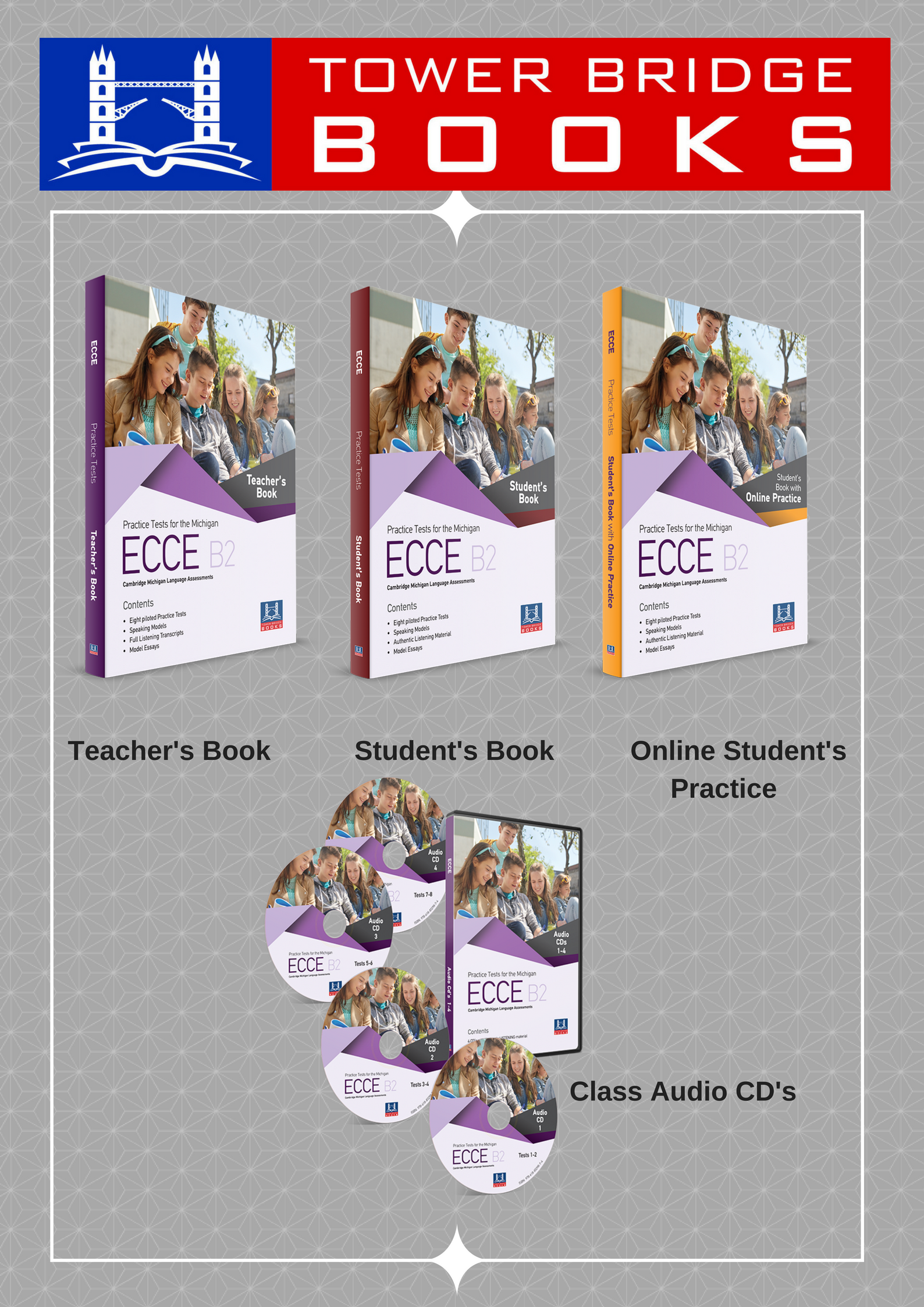GVR comprises three sections: Grammar, Vocabulary, and Reading. All activities are in multiple choice form, therefore students have to master the skill of confidently choosing the correct option. Here are some ideas on how we can help students feel confident about tackling each section.
The Grammar section comprises 35 multiple choice questions on Use of English. An interesting activity that can boost students’ Grammar skills is to have them write their own tests in multiple choice form, and try to trick their classmates by setting some difficult grammatical phenomena, like the Causative, Passive Voice, and others. Consider the following example on the Subjunctive form:
Maria suggested _______________ for their exam.
A them to revise
B they should revised
C they revise
D them revise
The teacher can then collect all the material, and compile his or her own revision tests to use all year round. On another note, interactive grammar notebooks are an interesting way to reinforce demanding grammar rules through engaging in activities, even if students are teenagers or young adults. This would help them remember thorny grammatical issues. There are certainly numerous ideas on the internet for teachers to search for. Students could also correct one another’s grammar tests, which they will find lots of fun, and is bound to take the sting out of their anxiety.
The Vocabulary Section comprises 35 multiple choice questions that focus, not only on words, but also expressions, verbs with prepositions, and phrasal verbs. It is important for students to learn how to keep a Word Bank at the back of their notebooks. Every time they come across expressions with prepositions or phrasal verbs, they deposit them in the right section of the Word Bank, and revise them throughout the year. Of course, this presupposes organisation on their part. Students can also make their own multiple choice Vocabulary tests with the vocabulary items set as homework per lesson. It is noteworthy that B2 students are mature enough to work in groups or pairs. At this level, exposure to a wide range of articles, where they are asked to underline unfamiliar words, and look them up in the dictionary, is of paramount importance. Then, they can deposit them in the Word Bank mentioned above. They could also write their own sentences with the vocabulary as contextualised lexis is easily etched in memory. In the same vein, they can acquaint themselves with the derivatives of the words they come across.
The Reading Section comprises 30 questions in multiple choice form. Two of the texts are usually extracts from a variety of magazines, journals, and books. The other two sections are comprised of 4 informative short passages each, which include emails, CVs, advertisements, or articles. The following activities are bound to boost students’ reading skills: They can guess unknown words from the context. This way, their tolerance for ambiguity is fostered. In addition, teachers may bring in as many extra reading extracts as possible to help them master the skill of understanding a passage, and reading between the lines. Our books are perfect on that score because of the vocabulary used that is slightly above the level required for the exam. Don’t forget to encourage novel reading across the board as there are so many riveting stories that serve as a springboard for discussion. Another interesting activity is to have students jumble up newspaper clippings, and then try to put them in order by paying attention to linking phrases and other markers.
Last but not least, just like all of our books, ECCE has an online version, which helps boost students’ GVR skills. They are advised to jot down and study the annotations provided. In the next lesson, the teacher, through the online platform, has access to every student’s performance, and knows what mistakes have been made. This system promotes individualised learning, which accounts for the high pass rates of our students. Also, the teacher can use all the mistakes made by students, and prepare games and activities, as mentioned above.
Success…it’s all about making a difference!








